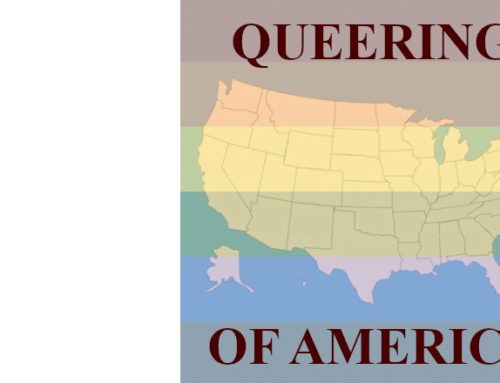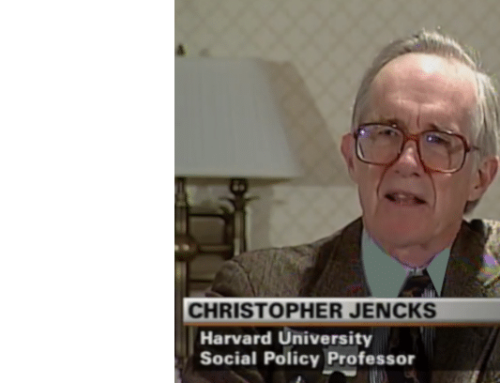Catholic League president Bill Donohue comments on what Democratic candidates for president had to say about religious liberty in the October 10 televised debate:
There was a time, not long ago, when people of faith felt equally at home with the Republican and Democratic Parties. The former was home to most Protestants, and the latter was home to most Catholics and Jews.
A big change came in the early 1970s when Catholics (especially white Catholics) moved away from the Democratic Party; some became Republicans while others sided with independents. An even bigger change occurred more recently, and it was on full display during the debate. To be specific, it is clear that none of the Democratic candidates wants to be tagged as religion-friendly.
Who would a religious-friendly person be? There are many criteria, but among the most central attributes would be someone who supports traditional religious exemptions in law. Religious exemptions have existed since the Founding, and up until recently they have been considered uncontroversial. But things have changed.
The free exercise of religion has always been predicated on the presumptive right of religious institutions to be exempt from laws that violate their tenets. The burden is on the government to show why an exemption should not be granted. That burden does not come lightly. But from the presidential debate, one would never know this. All of the candidates incline against religious exemptions—some more than others—making them the least religion-friendly candidates for president in American history.
Julian Castro is so opposed to religious exemptions that he said that if he is elected, his “first order of business on January 20, 2021” would be to roll back religious exemptions that collide with the rights of homosexuals and transgender persons. He did not give one example where he would honor the First Amendment right to the free exercise of religion over the nowhere mentioned constitutional rights of homosexuals and transgender persons.
Joe Biden thought he was flashing his “tolerant” Catholic credentials when he boasted that Ireland was the first nation to change its constitution to allow two people of the same sex to marry. He failed to note the triumph of radical secularism in Ireland and the sharp decline of the Catholic Church.
Pete Buttigieg’s enthusiasm for gay rights led him to take another dishonest shot at Vice President Mike Pence (who was governor of Indiana when Buttigieg was mayor of South Bend). He opined that his marriage to another man moved him “closer to God.” He then said, “And I wish the VP could understand that.”
This lie is right out of the gay rights playbook. The goal is to portray anyone who disagrees with gay marriage as a bigot. It is pure demagoguery, and Buttigieg is a master of it.
In 2015, three years after becoming mayor, Buttigieg “came out,” admitting publicly that he is a homosexual. Here is what Pence said at the time. “I hold Mayor Buttigieg in the highest personal regard. I see him as a dedicated public servant and a patriot.” Moreover, when the two of them met for the first time, Buttigieg said he found Pence to be “affable, even gentle.” In other words, it is not Pence who changed—it is Buttigieg. He is now lying about Pence so he can claim victim status.
Not only has Pence never once questioned Buttigieg’s relationship with God, he has unequivocally said that “If I saw a restaurant owner refuse to serve a gay couple, I wouldn’t eat there anymore.” Not exactly the kind of thing we would expect from a gay basher.
Elizabeth Warren told the audience how she believes in the “preciousness of each and every life.” This is not true. If it were true, then why did she vote against a law that would make it a federal crime for a doctor not to attend to infants born alive due to a botched abortion? Her failure to do so allows infanticide to exist with impunity.
When Cory Booker was asked if churches should lose their tax-exempt status if they don’t support the gay rights agenda, he did not commit himself, though he was clearly not in the religion-friendly camp.
Beto O’Rourke did commit himself: He said that if he is president, there would be “no tax break” for any institution that did not ascribe to the gay rights agenda.
None of the candidates was asked why religious exemptions even exist, or which ones they would keep.
There are some voices in the Democratic Party that freely admit how dangerously secular the Party has grown. Their effort to bring sanity to their Party is commendable. But it is quite clear that they have failed.








